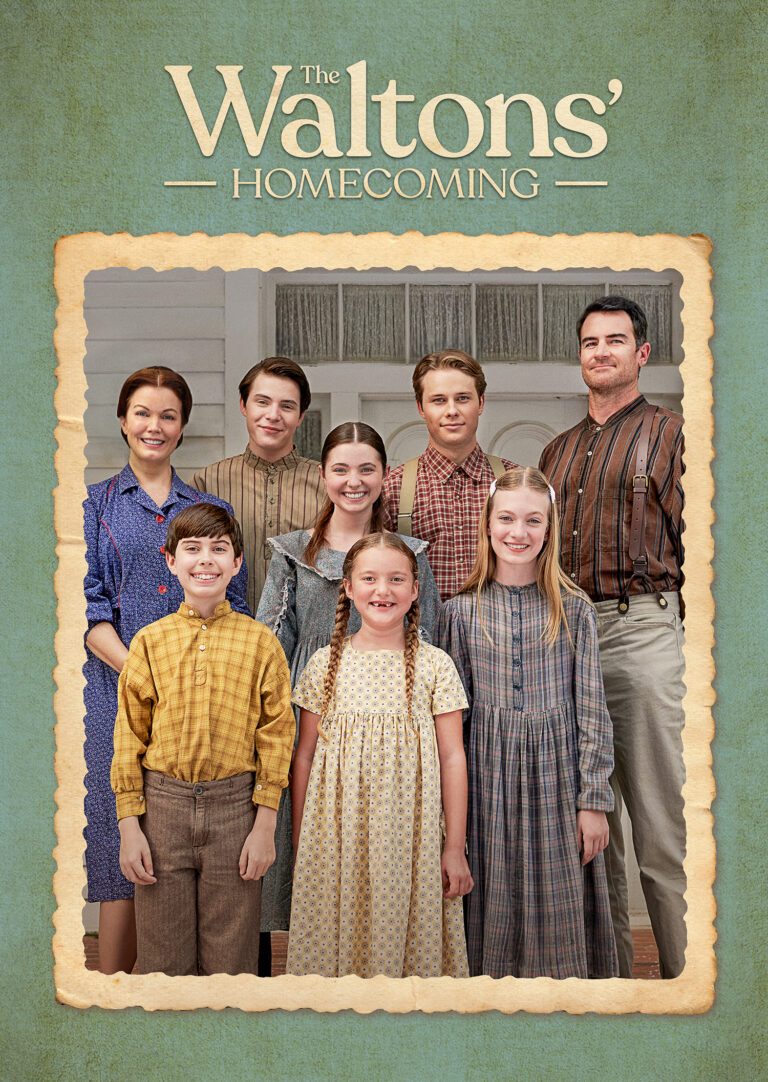By Tyler Walton, Contributing Writer
“Curiosity,” says Emmy-award-winning producer Joani Livingston, “is the spark for all documentaries.” Livingston, who considers her investigative work as expressive art, holds the documentary industry to high standards.
“The best
documentary filmmakers allow the story to unfold, following the bread crumb trail of story, rather than trying to mold the story to fit their preconceived ideas.”
However, not every documentary follows this bread crumb trail of story. Too often, documentaries invent their own stories and lead viewers away from the truth.
For example, the British Broadcasting Company lost much prestige recently when news of faked footage of sweatshop exploitation surfaced concerning a 2008 BBC investigation into the alleged use of child labor in India by European clothing retailer Primark®. The offending program, viewed by millions, has been pulled from sales by the BBC Trust. The BBC has issued a public apology to both Primark® and viewers at home. Moreover, the BBC Trust has urged its executives to seriously consider returning the Royal Television Society award that the program won in 2009.
We are glad to see the BBC takes seriously its own quality standards, albeit after the fact, yet the question remains: to what extent ought the BBC to be sorry?
Regardless of the BBC’s noble end of preventing a fashion company from exploiting child labor, the media must never cross their own ethical boundaries, for the media bear even greater social responsibility – that is the impact on behaviors.
“He who controls the media, controls the culture,” says Movieguide® Publisher Dr. Ted Baehr. Indeed, a recent Nielson report shows that the average American spends 35.6 hours per week watching television. Numerous studies also concur that the messages of the media have significant impact upon behavior in society. (For a more in-depth study, see Chapter 6 “Understanding Your Audience” of How to Succeed in Hollywood (Without Losing Your Soul) by Dr. Ted Baehr.)
At a time like this, we must consider the ethical purpose of the media to influence lives for better or worse.
Some may argue that the BBC’s decision to use counterfeit footage is not immoral since the ultimate goal is to end child labor abuse. But, as history shows, the end does not justify the means. The purpose of the media, in all its forms, is to illumine Truth. If something is true, then it need not masquerade behind a lie. Let the splendor of truth shine through and resonate within the human spirit to effect positive change in the world.
“No matter how noble the end goal,” Livingston concurs, “sloppy coloring of events or facts is misleading and is not justifiable in any way.”
Some art forms, such as fiction, require a certain suspension of disbelief. However, in journalism and documentary film making, where the presupposition is that what we see on screen correlates with a reality one can find out there in the world, staged or faked footage has no place.
The very premise of investigative journalism is that people will respond responsibly to truth untempered, and that people will reward those journalistic entities that present truth in the purest light. As the world’s first and largest broadcasting organization, the BBC has a duty to live up to a much bigger legacy.
See the full news report here.
Questions or comments? Please write to us here.


 - Content:
- Content: 

